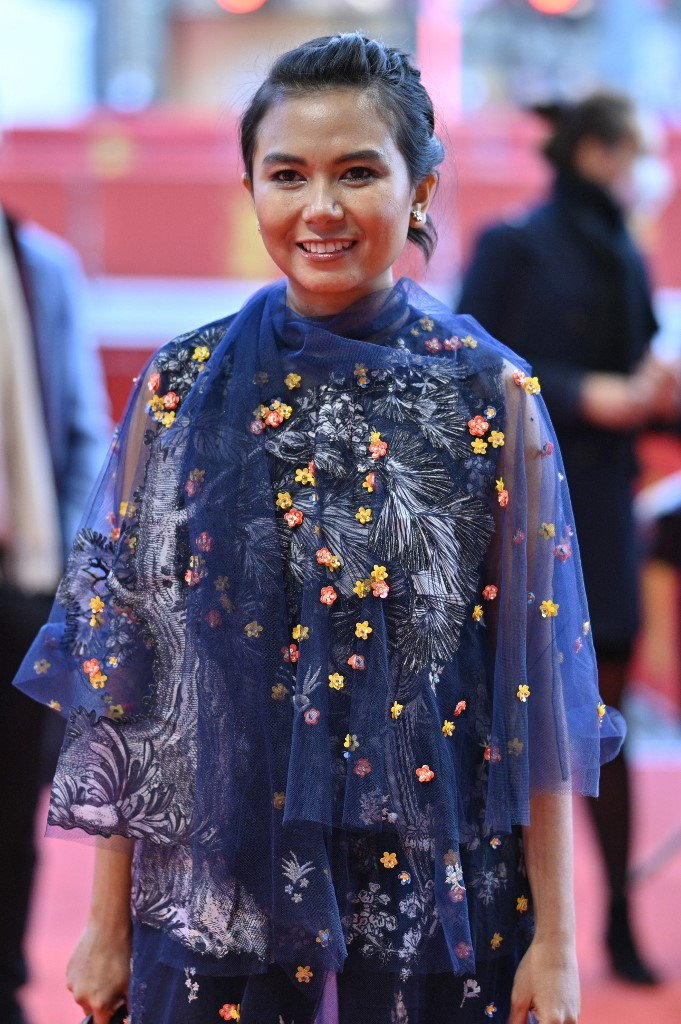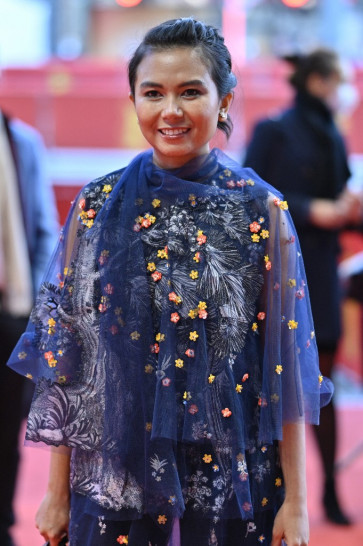Popular Reads
Top Results
Can't find what you're looking for?
View all search resultsPopular Reads
Top Results
Can't find what you're looking for?
View all search resultsTwo Asian films explore burden of past violence at Berlin Film Festival
Change text size
Gift Premium Articles
to Anyone
T
wo Southeast Asian films competing at this year's Berlin Film Festival explore what violence does to human beings; one through painful historical narrative and one through fantasy.
Indonesian director Kamila Andini's Nana shows the impact of years of war on the life of a woman in Bandung, West Java. After losing her first husband and family to war in the 1940s, she remarries and lives to face the chaos of the mass killings of the 1960s.
The film keeps a tight focus on the impact of violent times on the lives of Nana, played by Happy Salma, and the women and children around her, showing her controlling outward emotion with a discipline as tight as the long, winding garments she must wrap herself in for formal occasions.
"As women from Indonesia we are always told we have to hide problems to save the image of the family in society," Kamila told a news conference of her film, only the second feature film ever made in the Sundanese language.
Unable to take solace in victimhood and frustrated at her new husband's infidelity, Nana finds strength in an unlikely quarter, by bonding with her husband's mistress.
Cambodian-French director Rithy Panh takes a very different approach, asking how a world in which animals had come to power would look. Would they consume to excess, would they oppress their peers, and how would they treat their human predecessors?
"I wanted to make a world come alive," said Panh, who came to Paris in 1990 after fleeing the Khmer Rouge's genocide in his home country.



















